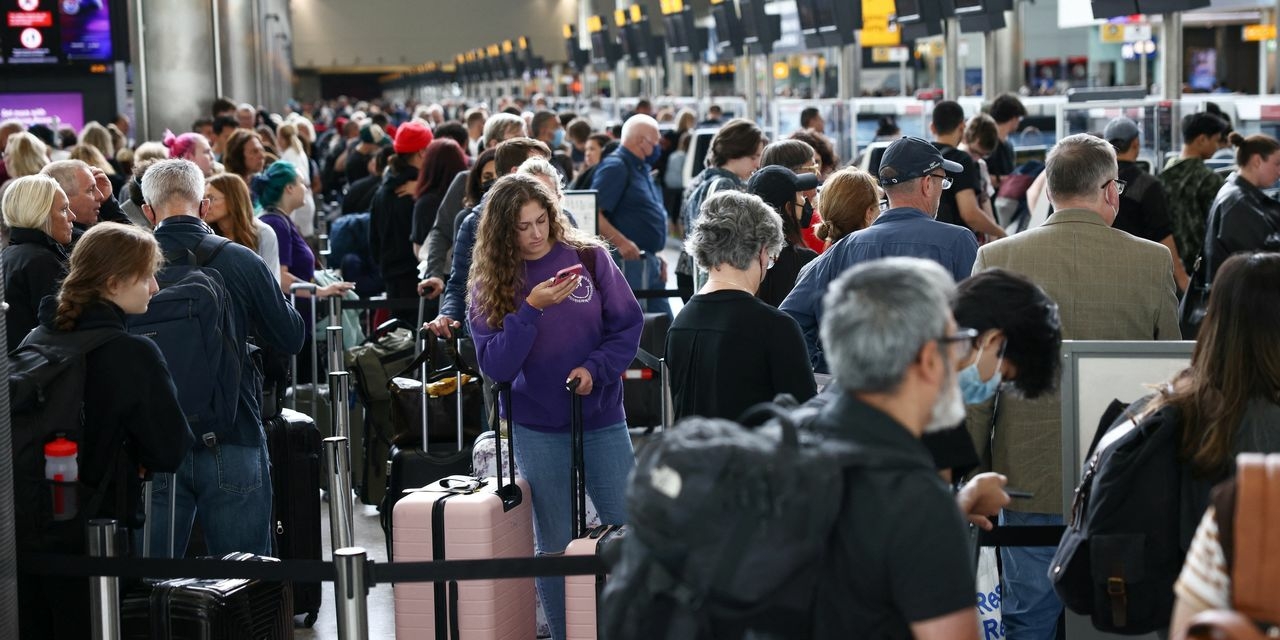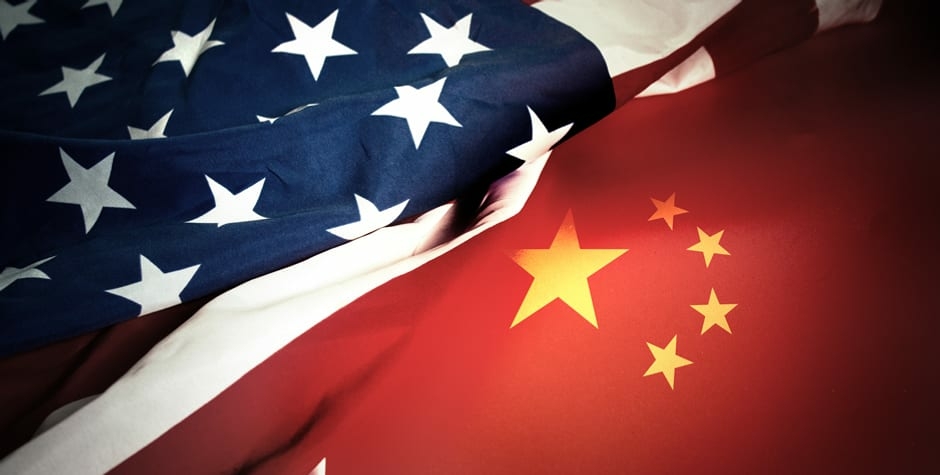A Chinese national flag flies outside the China Securities Regulatory Commission (CSRC) building on Financial Street in Beijing, China July 9, 2021. REUTERS/Tingshu Wang
NEW YORK/SHANGHAI, Aug 29 (Reuters) – Investors in U.S.-listed Chinese firms were largely relieved after Beijing and Washington struck a long-running audit deal, but legal experts and China watchers warn the two sides could still clash on how the agreement is interpreted and implemented.
US regulators have for more than a decade demanded access to audit documents from US-listed Chinese companies, but Beijing has been reluctant to let US regulators inspect its accounting firms, citing national security concerns. Read more .
On Friday, however, the countries reached a landmark agreement that appeared to give the United States everything it wanted: full access to China’s audit papers without redactions for any reason; the right to take evidence from the audit firm’s employees in China and Hong Kong; and discretion to choose which companies the United States inspects. read more
SENSITIVE DATA
There are precedents when cooperation fell apart between the two sides. Read also : The Pentagon’s Next Big Weapon: Really Big Balloons.
For example, the PCAOB spent significant time and resources negotiating a Memorandum of Understanding (MOU) with Chinese authorities for audit enforcement cooperation in 2013, but later determined it still could not obtain sufficient information access, previous official statements show.
Much will depend on which of the more than 200 U.S.-listed Chinese companies the PCAOB selects for inspection, lawyers said. PCAOB officials said Friday that they had notified the selected companies and expected to begin inspecting their audit papers next month, but did not name them.
A spokeswoman for the PCAOB referred Reuters to comments from agency officials on Friday that the PCAOB would select companies based on risk factors, such as size and sector, and that no company could expect special treatment.
If the PCAOB singles out high-profile companies with a lot of sensitive data, conflicts could quickly arise, but the PCAOB is unlikely to give in to pushback from China since it is under intense political scrutiny at home, lawyers said.
Marcia Ellis, a Hong Kong-based lawyer at Morrison & Foerster, pointed out that the audit paper access required by the agreement was still in tension with China’s strict data security rules.
A spokesman for the U.S. The Securities and Exchange Commission, which oversees the audit watchdog, declined to comment, but on Friday the agency’s head, Gary Genslery, warned that the deal would only make sense if U.S. officials get the promised access.
The CSRC did not immediately respond to a Reuters request for comment.
All companies and audit firms selected must fully comply in order for the PCAOB to conclude that China as a jurisdiction is in compliance.
“The PCAOB will not cut any corners in implementing this agreement,” said Paul Leder, the former director of the SEC’s Office of International Affairs.
“They know that both the SEC and Congress want assurances that the PCAOB has the same access to information when inspecting a Chinese audit firm as it does a U.S. one,” said Leder, who is now an attorney at the law firm Miller & ; Chevalier.
Even if the deal is successful, China is likely to steer some companies away from U.S. listings in the future, given the ongoing underlying conflict over providing access to sensitive data, said Morrison & Foerster’s Ellis.
“We expect that Chinese-headquartered companies with sensitive data that are not yet listed will favor listings in Hong Kong even if the PCAOB issue is resolved,” she said.
Register now for FREE unlimited access to Reuters.com
Additional reporting by Michelle Price in Washington and Kane Wu in Hong Kong; Written by Michelle Price; Editing by Sumeet Chatterjee & Shri Navaratnam This may interest you : China launched a second space station module to support scientific experiments.
Our standards: Thomson Reuters Trust Principles.
How do you know if a stock will be delisted?
For example, on the New York Stock Exchange (NYSE), if a security’s price closed below $1.00 for 30 consecutive trading days, that exchange will initiate the delisting process. To see also : Is politics a problem for markets?. Furthermore, the major stock exchanges also set requirements relating to market value, minimum equity and income.
How do you know if a share is being delisted? When is a share delisted?
- Share price of at least $1.
- A total of at least 400 shareholders.
- Equity valued at $10 million or a market capitalization of at least $50 million or total assets and total revenue of at least $50 million each.
At what price does a stock get delisted?
Delisting usually means that a share has not met the requirements of the stock exchange. A price below $1 per share for an extended period is not preferred for major indices and is a reason for delisting.
Do I lose my investment if a stock is delisted?
Shareholders retain their legal rights and holdings in a delisted share even though they cannot sell their holdings as easily as before.
Why many US listed Chinese firms announced delisting recently?
In sum, we suggest this undervaluation as one of the main reasons why Chinese ADRs are delisting and going private. Chinese ADRs decide to delist and go private after being undervalued in the US market, relative to their ADR counterparts in the US market and their peers in the Chinese market.
Why are Chinese stocks being delisted? All five companies stated “low turnover in the USA” and “high administrative burden and costs” as reasons for the departure. However, the news comes after all five were flagged by the US Securities and Exchange Commission in May, according to Reuters, for failing to meet US auditing standards.
Did US delist Chinese stocks?
China Telecom (0728.HK), China Mobile (0941.HK) and China Unicom (0762.HK) were removed from the United States in 2021 following a Trump-era decision to limit investment in Chinese technology firms. That ruling has been left unchanged by the Biden administration amid ongoing tensions.
Which Chinese companies could be delisted?
Three of the world’s largest energy companies, PetroChina, Sinopec and Shanghai Petrochemical, said in separate statements that they would apply for a voluntary delisting of their US depository shares.
What Chinese companies are delisted from NYSE?
Five Chinese companies listed on the New York Stock Exchange said they intend to delist their U.S. depository shares. The firms include China Life Insurance, PetroChina, China Petroleum & Chemical, Aluminum Corp. in China and Sinopec Shanghai Petrochemical.
At what price is a stock delisted?
Delisting usually means that a share has not met the requirements of the stock exchange. A price below $1 per share for an extended period is not preferred for major indices and is a reason for delisting.
How long can a stock stay below $1 before it is removed? If a company trades for 30 consecutive business days below the minimum closing bid price requirement of $1.00, Nasdaq will issue a notice of deficiency to the company, informing it that it has been given a “compliance period” of 180 calendar days to restore compliance with the applicable requirements. .
How low can stock prices be before delisting?
The listing requirements vary from stock exchange to stock exchange. For example, on the New York Stock Exchange (NYSE), if a security’s price closed below $1.00 for 30 consecutive trading days, that exchange will initiate the delisting process.
Do you still own stock if its delisted?
The effect of delisting on investors When a share is delisted, the shareholders still own the share. However, a delisted stock often experiences significant or total devaluation. Therefore, although a shareholder may technically still own the stock, they will likely experience a significant reduction in ownership.
Do stocks get delisted if under $1?
As long as a company’s share price remains at or above $1, its shares continue to trade on the stock exchange. But if the price falls below $1 for too long, the company risks having the stock delisted.



